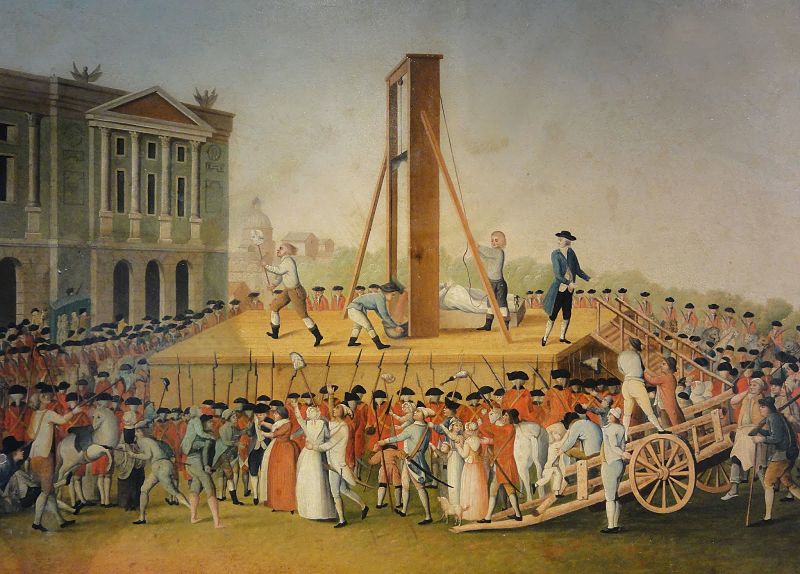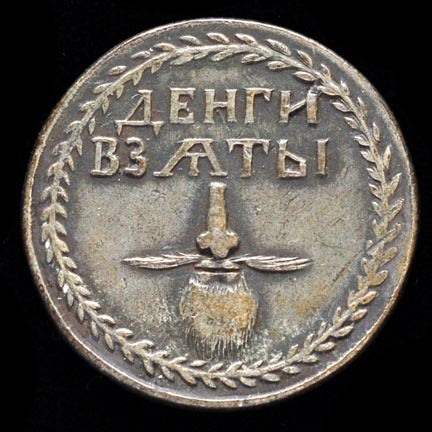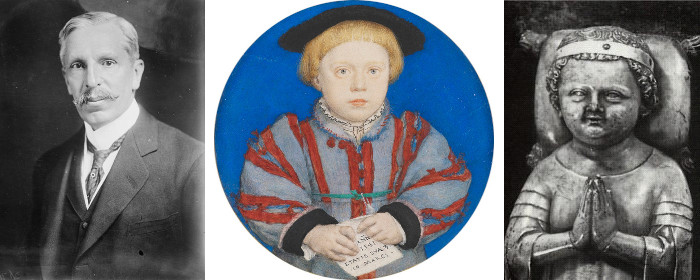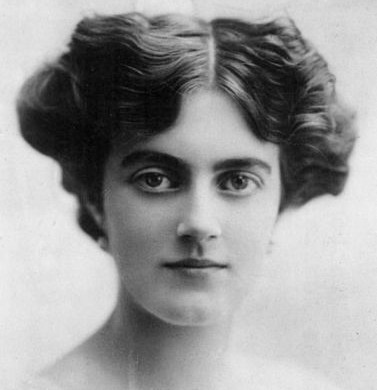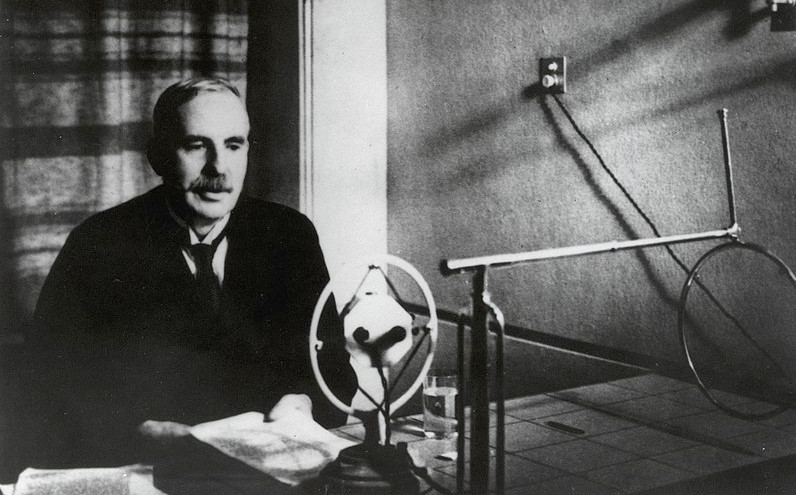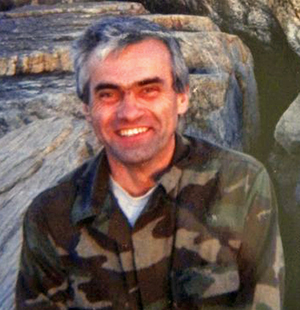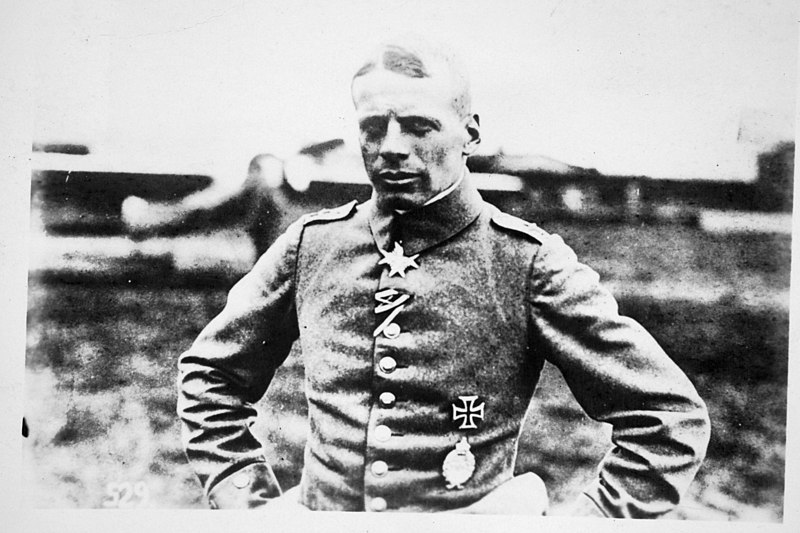This is pleasing: The first library card catalogs were made using playing cards. During the French Revolution the government created a new system of public libraries, and in order to inventory the books they created the “French Cataloging Code of 1791,” in which bibliographic data was written on playing cards, which were sturdy, uniform, and plentiful. A photo is here.
In The Card Catalog, its affectionate tribute to this now outmoded tool, the Library of Congress notes that 1.2 million cards representing more than 3 million volumes were recorded using this system within 3 years. “Although the ambitious cataloging project did not result in the formation of a national catalog, it did demonstrate the potential of utilizing a uniform format.” (Also: “Deuces and aces were reserved for the longest titles, as those cards had the most space on which to write.”)

